Ramadan is a time of spiritual connection but also great challenge for Muslims – particularly when you observe the fast at school.
The period of fasting is one of the Five Pillars of Islam and young people are expected to take part when they hit puberty.
For an entire month Muslim teenagers – many studying for exams – will join their families in abstaining from food and drink from sunrise to sunset to focus on prayer and their relationship with Allah.
Morgan Academy pupils Haajirah Arshad, 17, and Atika Ahmad, 18, are among hundreds of Dundee schoolchildren observing Ramadan, this year from March 22 to April 21.
We met them to find out what it’s like fasting at school, how they balance Ramadan with exam studies and how they will celebrate its end at the school’s first Iftar party.
Ramadan fast at school
Fasting began properly for Haajirah in S1 and for Atika at the age of 12, after doing half days for several years.
On the day we spoke both girls had risen shortly after 4am to enjoy breakfast – known as Suhoor – with their families.
And it was almost 8pm before they were able to eat their evening meal – Iftar.
So what’s it like eating nothing when your classmates sit down to lunch in the dinner hall?
Haajirah said: “When you are young in first and second year it’s hard to see everyone else eat but you get used to it as you go up the years.
“A lot of people are respectful when they eat around you, they don’t show off.”
As well as early rises and a lack of food and even water throughout the day, which impacts on energy levels and the ability to focus mentally, Ramadan prayers at the mosque can go on until 11pm.
Atika said: “It is hard getting up in the morning; we are waking up in the middle of the night.
“Coming to school, there’s the lack of energy throughout the day. After school, especially during exam season, we’ve got to study.
I don’t worry about not studying much for exams because if I’m feeling great in myself mentally I know I can perform well after.”
Haajirah Arshad, 17
“Ramadan is a time for us to reflect on our religion. We have to try to balance our life to make sure we do enough religion-wise and school-wise.”
Both girls are studying for Highers and Advanced Highers and exams begin three days after Ramadan ends.
Haajirah said: “We prioritise our religion first over exams, so it is hard.”
But building a spiritual connection makes her feel a better person and she said: “I don’t really worry about not studying much for exams because if I’m feeling great in myself mentally I know I can perform well after.”
Ramadan is also a time for young Muslims to teach their peers about their religion, and the girls said they enjoy answering questions from those curious about their fasting.
Atika said: “You get a lot of questions, like ‘do you fast 30-days straight?’ People ask ‘not even water?’ And yes, no water either!”
How the school supports young Muslims
More than a quarter of Morgan Academy’s 900+ pupils are Muslim, so school staff are acutely aware of their needs during Ramadan, says head teacher Johnny Lothian.
He said: “We are a caring and responsive school and we do everything we can to meet young people’s needs.
“Staff are aware there are certain activities young people won’t be taking part in: PE, practical subjects, whether that be cooking where young people are standing, or workshops in craft and design.”
Being such a multicultural school was, he said, valuable learning for everyone.
And he is delighted S6 pupils are arranging the school’s first Iftar party, where Muslim pupils will celebrate Eid al-Fitr – the end of Ramadan – with non-Muslim pupils and staff.
Tickets for the party in the school hall have already sold out.
Haajirah said: “We are really excited about it.
“We will teach everyone what this month is all about, what we do and how we find things.”
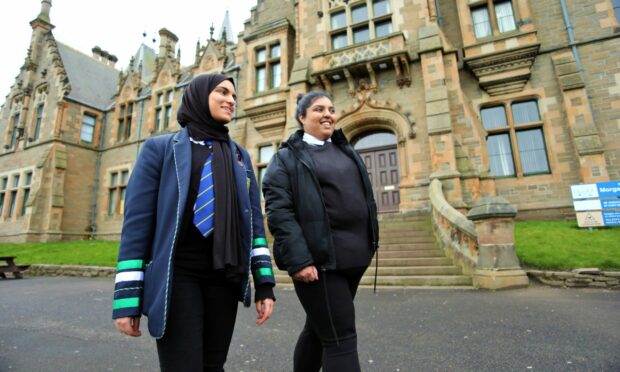
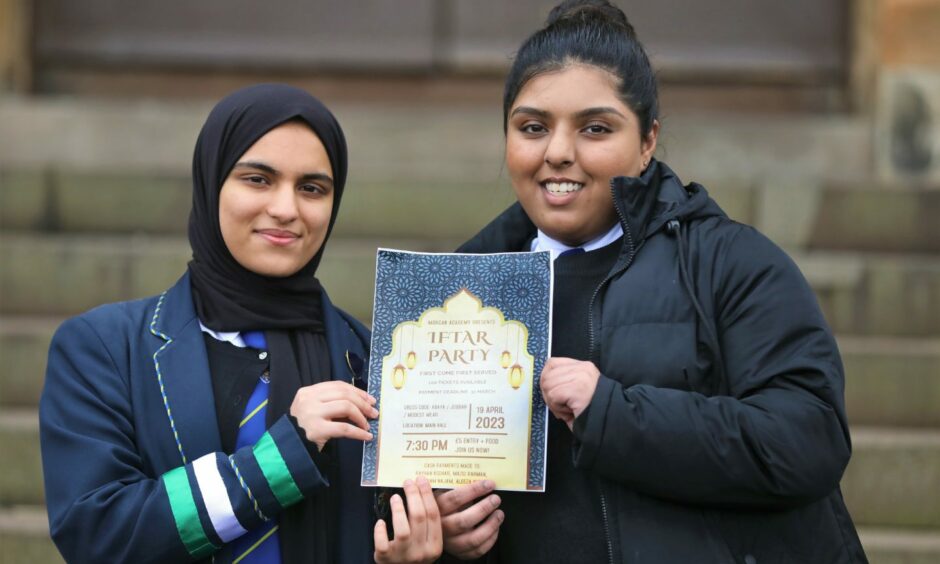
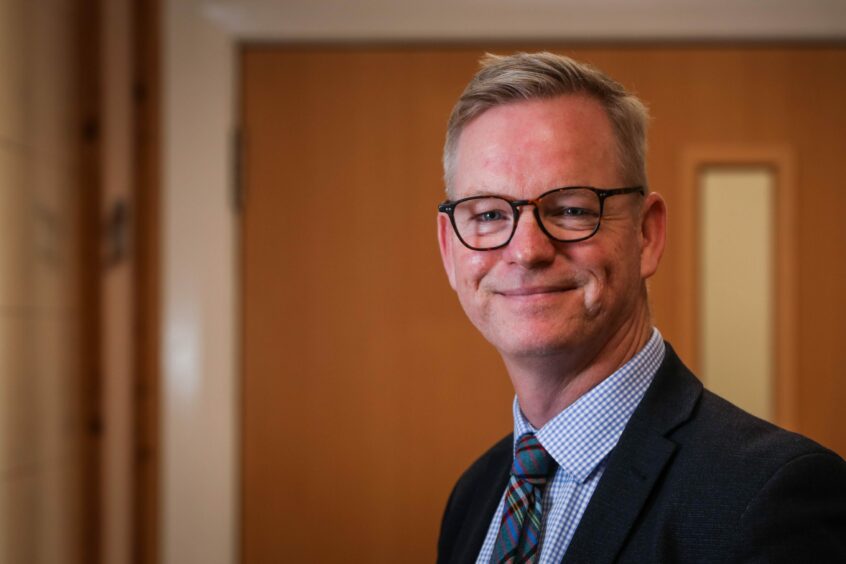


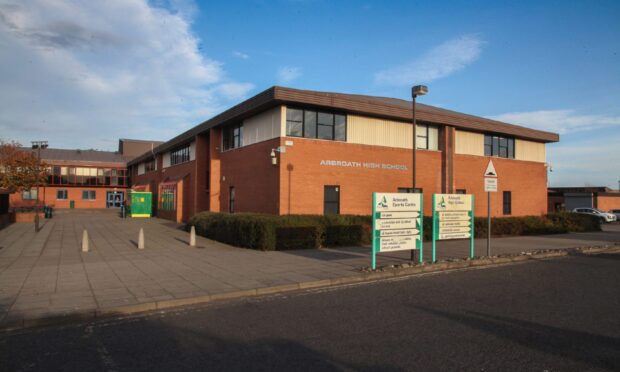


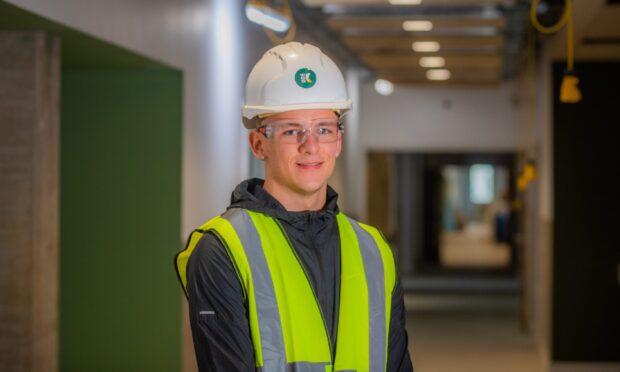




Conversation